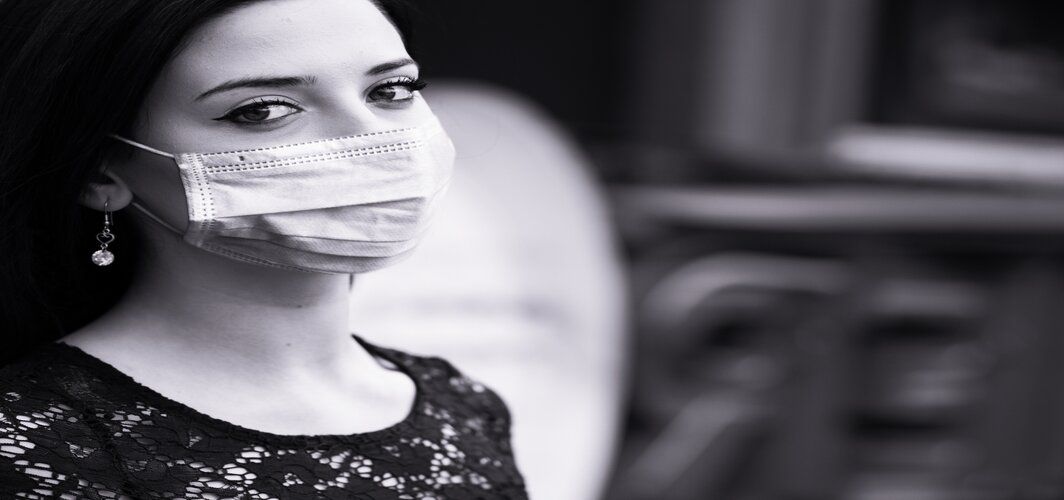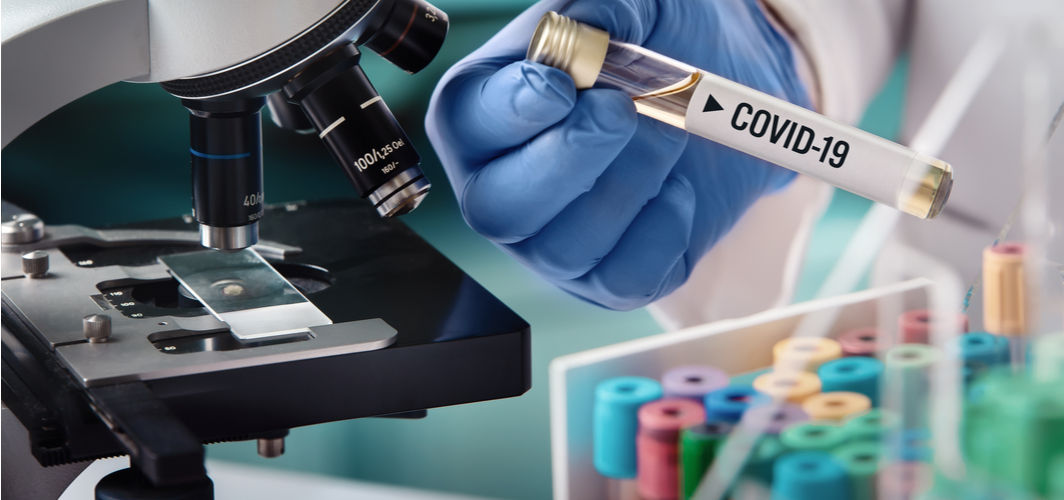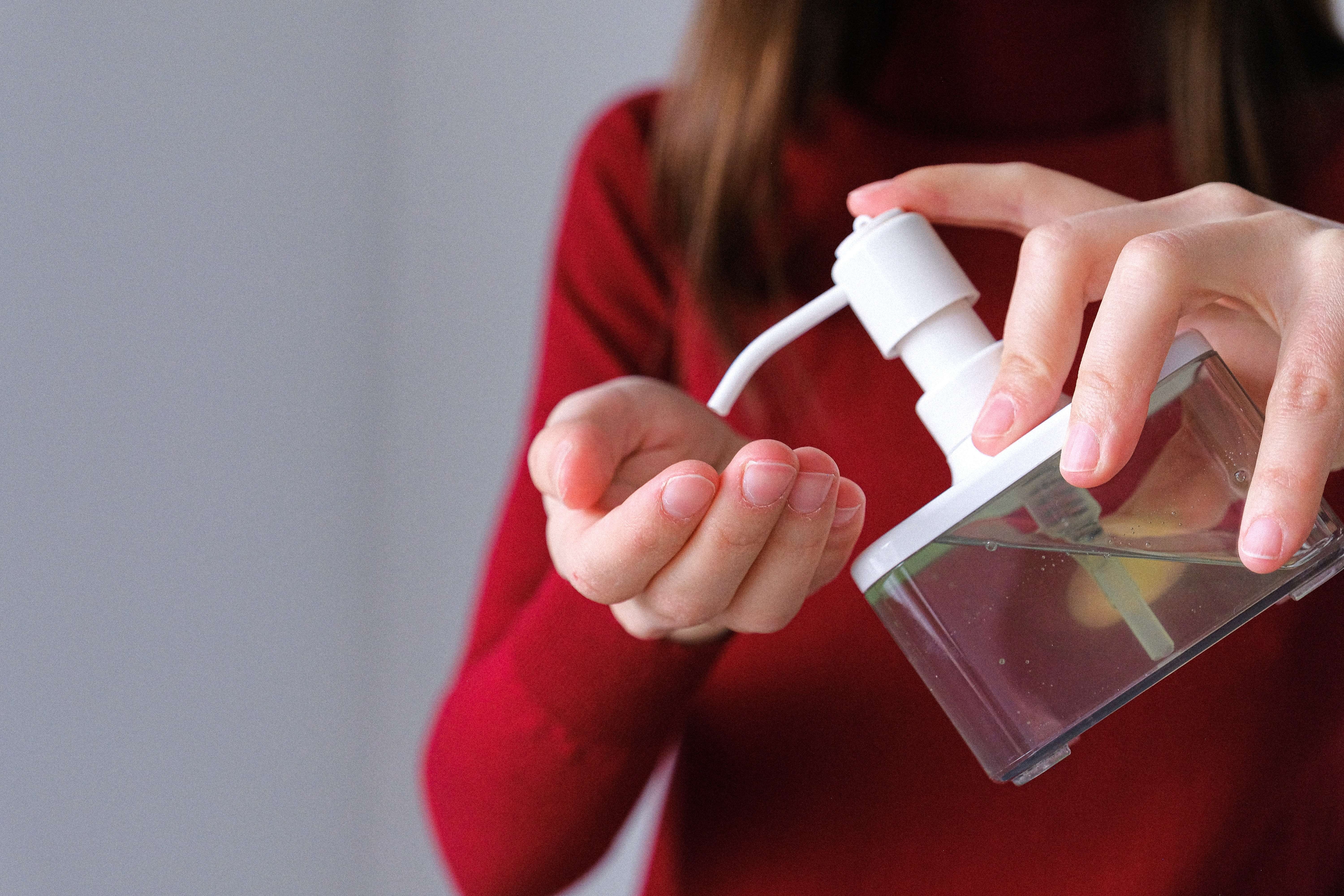Coronavirus Updates
Should You Continue Wearing Face Masks?
6 min read
By Apollo 24/7, Published on - 23 September 2020, Updated on - 18 October 2022
Share this article
1
18 likes

How do face masks help?
Face masks play an important role in source control i.e. preventing the travel of respiratory droplets into the air and transmitting it to another person when coughing, sneezing, or talking. The Coronavirus is known to primarily spread from person-to-person through the inhaling of the respiratory droplets of an infected person directly or by touching contaminated surfaces.
As a recap, it is already common knowledge that wearing face masks when stepping out of your homes can help in the following ways:
- It reduces the risk of being exposed to a COVID-19 infected person before they develop symptoms (pre-symptomatic).
- If you are the one who is infected, wearing a face mask will prevent others from getting infected by you.
- It lowers your risk of getting infected when you are caring for a COVID-19 patient at a non-clinical setting like your home.
- Wearing face masks can act as a reminder to comply with other measures such as social distancing, hand hygiene, etc. to control the spread of COVID-19.
In a recent publication, Springer Nature stated that besides protecting others from COVID-19, masks may lower the dose of the Coronavirus (viral inoculum) for the person wearing the mask. This means that even if a person wearing a mask does get infected, the outcome could be mild or asymptomatic.
How effective are face masks in controlling COVID-19 spread?
The Institute for Health Metrics and Evaluation (IHME) has projected that if everyone in India starts wearing a face mask in addition to physical distancing, around 2 lakh deaths can be prevented by 1st December.
Other research about the efficacy of face masks is consistent with the above projection:
- A study in Germany estimated that face masks reduced the daily growth rate of reported infections by around 40 per cent.
- In three hospitals in China, it was observed that healthcare workers wearing masks did not get infected by COVID-19 despite being around COVID-19 patients often.
- A study conducted by the National Center for Biotechnology Information (NCBI) on 12,710 samples from over 50 countries in the world indicated that wearing masks in crowded places could lower the risk of respiratory infections by 20%.
- Even in controlled settings such as an airplane, masks have been shown to prevent COVID-19 transmission. A man who flew from China to Toronto wearing a mask during the flight was tested positive for COVID-19. However, none of the people in the flight, including the ones who came in close contact with him, were tested positive for the virus.
What are the types of face masks?
Face masks can be broadly grouped into two categories:
- Medical masks
- Non-medical masks
Medical masks, also known as surgical masks are categorised as personal protective equipment (PPE) and are designed for single-use. Medical masks can obstruct large-particle, germ-containing droplets/sprays/splashes/splatter and prevent its entry to your nose and mouth. These masks comprise three or four layers made of fine fibres to block droplets while also allowing easy breathing.
Fig: Surgical mask
An N95 respirator is also a PPE that can filter airborne particles very effectively by fitting closely to the nose and mouth, its edges forming a seal around them. They are recommended for use in healthcare settings. They are similar to medical masks and are meant for single use.
Fig: N95 respirator
Non-medical masks, also known as cloth masks, fabric masks, or cloth face coverings, are masks made of different materials, usually cloth fabric. The Centers for Disease Control and Prevention (CDC) recommends the use of these masks in public settings (e.g. while using public transport).
Fig: Cloth mask
Face Shields
Face shields wrap around the sides of the wearer’s face and are primarily designed for protecting the eye. As there is limited evidence on the efficacy of face shields for source control, the CDC does not recommend its use as an alternative to face masks. Only in situations where wearing masks is not feasible, face shields may be used.
Fig: Face shield
Masks with vents or exhalation valves
Masks with vents or exhalation valves are not recommended for use by the CDC as these masks do not prevent the mask-wearer from passing on the COVID-19 infection to others. These masks allow expelled respiratory droplets to reach others through the valves or vents thereby defeating the objective of source control.
Fig: Mask with valve
Cleaning and handling of the various types of face masks
Surgical masks/N95 masks – As stated earlier, these masks are meant to be used only once. Once used, it should be discarded safely by placing it in a plastic bag and then into the trash bin. This should be followed by washing your hands.
Non-medical masks – These masks are washable but check for washing instructions on the label or with the manufacturer. If the fabric can tolerate washing in warm or hot water (60 degrees centigrade), you can use detergent or soap while washing it. You may soak the mask in 0.1% chlorine for one minute followed by rinsing the mask with room temperature water.
Face shields – Carefully wipe the face shield with cleaner wipes or a clean cloth soaked in detergent solution. If you’re not wearing gloves, hands should be washed thoroughly after cleaning. Refrain from touching the mouth, nose, and eyes when removing the face shield.
Which mask should you wear?
It is best to choose your mask based on the public setting you are in and other factors like your occupation, the health of your family members, etc. Healthcare experts and government officials generally agree that masks – even, simple cloth ones – can significantly slow the spread of the virus and reduce deaths, especially when used together with other protective measures like social distancing and hand washing.
Until when should we wear face masks?
Unfortunately, there is no definite and clear answer to this as yet. Considering that it will take months for all people to get access to it, we must continue wearing masks to control the COVID-19 pandemic. Many countries are continuing with mandates for mask-wearing in public places, such as malls, grocery stores, pharmacies and public transport. Wearing masks is also encouraged as it can reduce the burden on the already stressed healthcare system until a long term solution is available.
Coronavirus Updates
Leave Comment
Recommended for you

Coronavirus Updates
All You Need to Know about COVID-19 Testing Kits in India
Many Coronavirus testing kits are being developed in India and globally to combat the growing number of COVID-19 cases. The data from these tests can offer significant insights needed to stop or slow the progression of the disease.

Coronavirus Updates
Why We Should Not Make a Sanitizer at Home
Making a hand sanitizer at home is not advisable due to non-availability of appropriate tools, clean sterile environment, and exposure to chemicals, which can cause skin irritations or burns.

Coronavirus Updates
Coronavirus Delta and Delta Plus Variants Explained
The emergence of the Delta plus variant has sparked fears that it will lead to the third wave of the COVID-19 in India. The Delta variant played a key role in the worsening of the second wave of the coronavirus.
Subscribe
Sign up for our free Health Library Daily Newsletter
Get doctor-approved health tips, news, and more.
Visual Stories

COVID-19 Home Care: Guidelines for Patients and Caregivers
Tap to continue exploring
Recommended for you

Coronavirus Updates
All You Need to Know about COVID-19 Testing Kits in India
Many Coronavirus testing kits are being developed in India and globally to combat the growing number of COVID-19 cases. The data from these tests can offer significant insights needed to stop or slow the progression of the disease.

Coronavirus Updates
Why We Should Not Make a Sanitizer at Home
Making a hand sanitizer at home is not advisable due to non-availability of appropriate tools, clean sterile environment, and exposure to chemicals, which can cause skin irritations or burns.

Coronavirus Updates
Coronavirus Delta and Delta Plus Variants Explained
The emergence of the Delta plus variant has sparked fears that it will lead to the third wave of the COVID-19 in India. The Delta variant played a key role in the worsening of the second wave of the coronavirus.